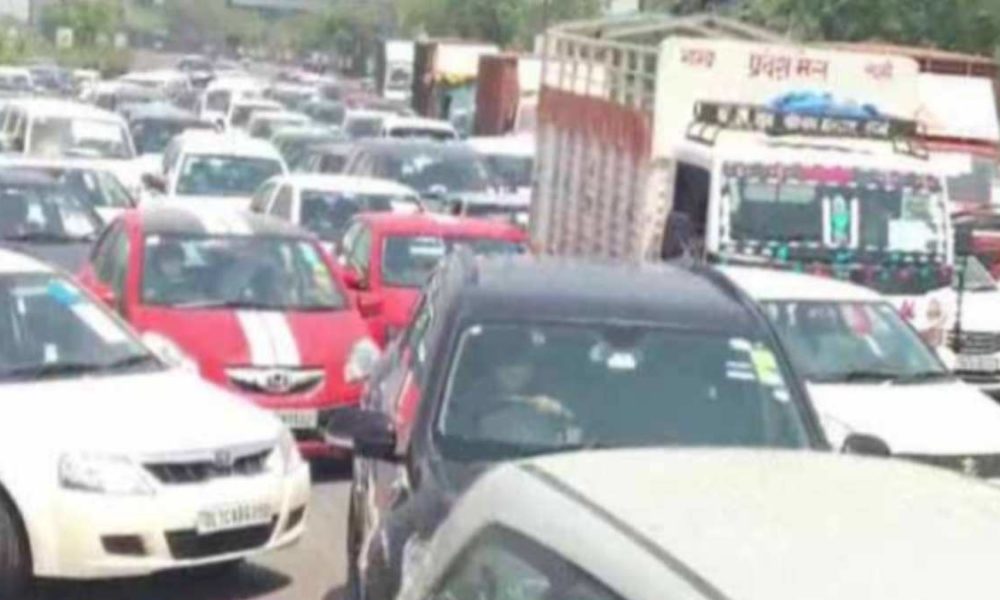Repetition leads to habit, which leads to repetition again. Later, repetition is often without thinking and logic. Something similar has happened in India during the multiple lockdowns. The Prime Minister gave a lockdown call to curb the Covid-19 pandemic. In response, as one of the measures, the country saw its borders sealed from inside. The district borders were sealed even better than a few African countries’ borders.
Not a single passenger could travel without a valid pass when officials were present. During the odd hours like in early morning, when authorities were in deep slumber, migrants walked and even strong borders became porous. The travel pass was like a valid visa with clear mention of travel dates and dates of return. The country, due to this, was divided into more than 730 strong and competing districts.
It was a unique experience for local officials to guard the district borders from its own countrymen. Meanwhile, some overexcited district officials were so media hungry that they took this situation as an opportunity to make a name for themselves by making claims of keeping their districts “corona free”. Due to which, they made lockdown conditions more stringent in their district and across the borders, creating hardships beyond logic. With strict border protocols, thermal scanners and quarantine stamps, some of these officials felt like they were given sudden power in their hands.
Ensuring cross-border restrictions came as a nightmare for local authorities, including police, health officials, who were vigilant at these borders. They had to follow a rigorous protocol including noting down of passenger’s contact details, temperature check-up, etc. New thermal guns allowed the officials to scan body temperature without contact. One person was asked to get down and provided the details of all the passengers to avoid crowding. Shockingly, only that person’s body temperature was considered sufficient, instead of scanning all the others. Often, the officials did not even scan each traveller.
The other weapon — home quarantine stamp — inked with election-like imprint, remained on the hands of the individual on whom it was stamped, for a minimum of 15 days. This was an indication for neighbours to maintain a safe distance and compel the suspect to stay inside the house. No matter whether the traveller coming from another district was a patient, who needed hospitalisation or was a pregnant lady who expected a delivery soon, they both were stamped. They were also asked to stay in home quarantine for 14 days and visit hospitals for their treatment, if they all survived by then!
Exemptions were allowed in rules and protocols if any District Magistrate or senior officials intervened. In our country, these officials are always just a call away! At places, even if a person had only two-day work with a valid return pass, he or she was compelled to stay back longer at home quarantine for 14 days.
In some districts, the same-day return travel pass meant no home quarantine stamping. It was presumed that a person could hardly contact anyone and spread corona through physical contact in such a short span. Stamping was meant only for those who stayed beyond midnight.
People, thus, faced varied experiences at district borders. Some reasons were genuine while some were completely beyond logic. Some people could even get access to other districts without any travel pass, whereas some had to wait for hours in scorching summer heat even with a valid pass. Overzealous officials with lack of proper knowledge on coronavirus led to “one nation, multiple borders” rules.
Today, defeating the “border warriors”, Covid-19 has found its way in many districts across the country. It has divided the country and its people, creating a sense of enmity between Reds and the non-Reds. However, the need to run the economy ultimately ended strict border restrictions and united the country again. One hopes the local administration learns from this experience. And if another lockdown is invoked in future, the citizens are treated well by respecting Article 19(1)(g) of the Constitution.
The author is an Indian Information Service (IIS) officer working with the Information & Broadcasting Ministry, Government of India. Views are personal.







